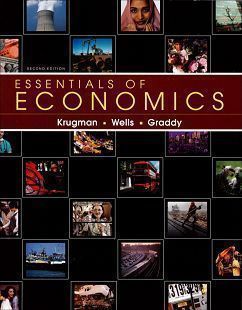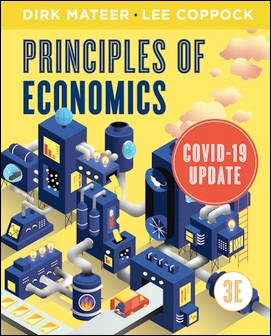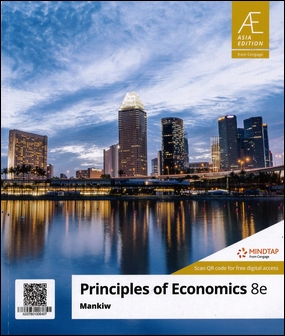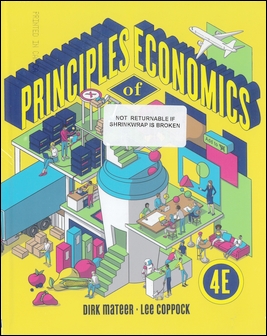書籍分類
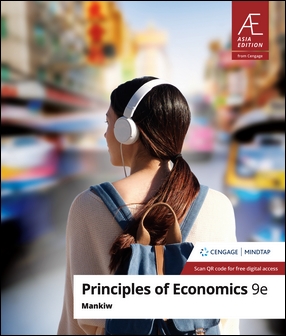
Principles of Economics 9/e
作者:N. Gregory Mankiw
原價:NT$ 1,560
內容介紹 本書特色 目錄 作者介紹
- Overview
Provide an inviting, superbly written introduction to economics that allows all types of students to quickly grasp economic concepts and build a strong foundation. The most widely-used learning solution in economics classrooms worldwide, written by acclaimed author and economist Gregory Mankiw, PRINCIPLES OF ECONOMICS, 9E focuses on the most important economic principles to avoid overwhelming students with excessive detail. Extensive updates, relevant contemporary examples and carefully crafted content present the understanding your students need at key moments in your course. This edition works seamlessly with the latest MindTap digital course solutions and powerful student-focused resources, featuring the highly acclaimed Graph Builder and enhanced Adaptive Test Prep. A team of award-winning teaching economists have further strengthened this edition's leading ancillary support with more relevance, engagement, and interactive learning opportunities.



